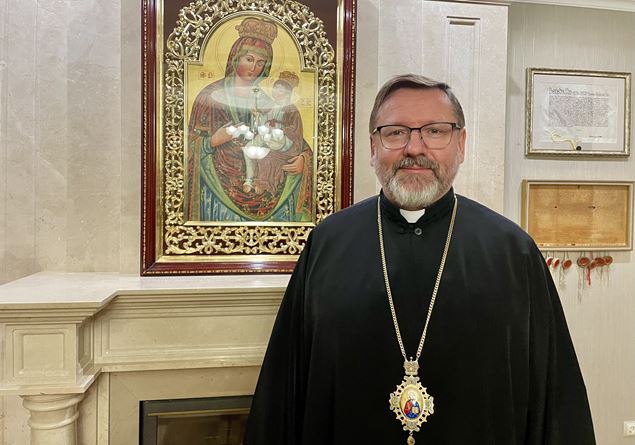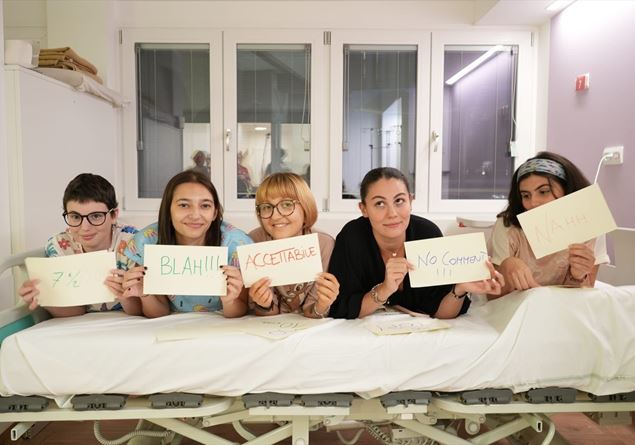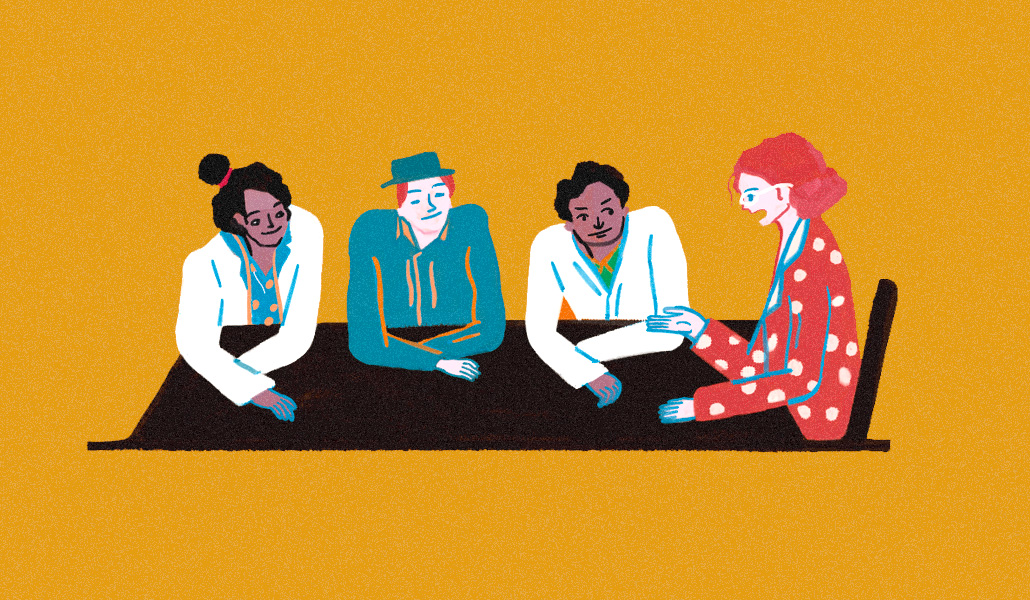
Kyiv residents in the subway tunnels to shelter from a Russian attack (Reuters photo).
Sent to Kyiv
While the relentless severity of winter is now upon us, Ukraine is experiencing one of the harshest phases of the war. The Russian offensive is putting the resistance of Ukrainian forces in the east to the test and Moscow is advancing by grabbing new portions of territory and villages. In recent days, Putin’s forces have launched some of the most massive air attacks in the last two years and nine months of war, aiming to hit energy infrastructures in particular and causing casualties among civilians. In Kyiv, while the alarm siren sounded, many people found refuge in the subway tunnels. While Ukrainians prepare with concern for the terrible possibility of facing the winter without heating and are waiting to understand what the next US president Donald Trump’s moves will be (who declared he wanted to put an end to the conflict), the outgoing head of state Joe Biden, after months of refusals, at the end of his mandate decided to give the green light to Kyiv’s use of long-range US missiles Atacms to hit targets deep in Russian territory.
«The situation now in Ukraine is very difficult. The fact that Ukraine is still holding out is a miracle in itself. It’s like the fight between David and Goliath: Ukraine is small compared to Russia, its resources are more limited than those of the aggressor. But we were able to liberate more than 50 percent of our territory. In the latter, however, the Ukrainian army unfortunately retreats.” Telling the story of the war and the martyrdom of its people, reflecting on the role that the Church must assume at this moment, is the Major Archbishop of Kiev-Halych Sviatoslav Shevchukhead of the Ukrainian Greek Catholic Church (majority compared to the Catholic Church of the Latin rite) and metropolitan archbishop of Kyiv. In the days when the capital and the rest of the country are the target of incessant attacks, it welcomes us with open arms in its residential premises next to the great Cathedral of the Resurrection of Christ, inaugurated in 2011, built in modern style in the Livoberezhnyi Masyv, on the left bank of the Dnipro River. Later, he explains, he will have an online meeting with the military chaplains, who support the soldiers at the front.
The archbishop thinks of the endless suffering of the Ukrainian population. «Out of four missiles launched, three hit the civilian population. Here in Kyiv we suffer bombings every night. The winter we are about to face could be the most difficult in the entire history of Ukraine.” The traumas caused by the war are growing, the population is deeply torn in body and soul. “Every community and parish is wounded, there is not a Ukrainian family that today does not mourn the loss of its loved ones”, continues the archbishop. «In Ukraine 14 million people have abandoned their homes: if we think that the whole of Belarus has 6 million inhabitants, we understand how large the number is. Most of these people are internally displaced, 4 and a half million have gone to Europe, but all the others are here. The whole country has moved. We as a Church have even been forced to find a new term to describe our pastoral work: first we talked about the pastoral care that heals the wounds of the peoplenow we talk about the pastoral care of mourning. And this terminology was suggested to us by our psychotherapists and psychologists, because we must learn to understand human pain well, the Church must understand what happens in a person when he suffers pain. Mourning is the primary moment that a human being goes through when he loses someone dear to him. Some say that the person has the right to mourn. And pain has its dynamism that we must know, respect, manage and accompany.” Sometimes, Shevchuk admits, words are useless in the face of mourning. The only form of accompaniment is silence. “Sometimes the only thing a pastor can do is be present, take the hand of the woman, the child, the elderly person who is grieving, and cry together.”
He reflects on what the conditions could be to put an end to the war. «Everyone in Ukraine understands that the war cannot be ended with weapons alone. Dialogue must come into play, the search for the formula for peace, based on international law. Negotiations must be made, otherwise the war will drag on indefinitely. But in the current moment dialogue is very difficult, even if supported by our Church and our society. Dialogue by its definition includes two sides talking to each other, but at the beginning of the war when our president formed a diplomatic group to talk to the aggressor, he encountered a reality of monologue: the Ukrainian side was not considered a subject of the dialogue. We have been declared the nation that does not exist, the country that has lost the right to its existence. And this is very painful. Russian ideology says that Ukraine is a territory and that the Ukrainian people do not exist. For the Russians it is very clear: either one becomes Russian or one must be eliminated. Therefore dialogue is impossible due to Ukraine’s lack of subjectivity in the eyes of the aggressor. They attack us without speaking to us. They dehumanized an entire population. We as the Church support any type of search for the peace formula, we support the initiative of the Ukrainian Government which organized the peace conference last June in Switzerland, to agree on the principles of the peace formula. Therefore, yes to dialogue, no to contempt for the subjectivity of an entire people, otherwise we will not see a reasonable way out of this senseless war, as the Holy Father defines it.”
Speaking to the Ukrainian population today about negotiations that involve the cession of the occupied territories to Russia, according to the archbishop, is very painful. « It’s not about the territories, but about the people who live there, it’s about my people”Shevchuk forcefully emphasizes. «There people suffer every day, they cannot be ignored and with a peace negotiation they would be condemned forever. Who will speak on their behalf? I can’t help but think about their fate. A negotiation must then be explained to the people and I must tell you that it is not simple. It is very easy to talk about negotiations for those who have not seen the war, use the pain of Ukraine to create comfortable conditions for the rich peoples of the West. Therefore we speak of just peace, which is also in the vocabulary of the Holy See: pacifying the aggressor and satisfying the criminal is unjust. And an unjust peace will cause other wars. We must seek justice together, respect for human life, not for the geopolitical appetites of the strongest in the world.”
(Photo above, the Major Archbishop of Kiev-Halych Sviatoslav Shevchuk, 54 years old)






